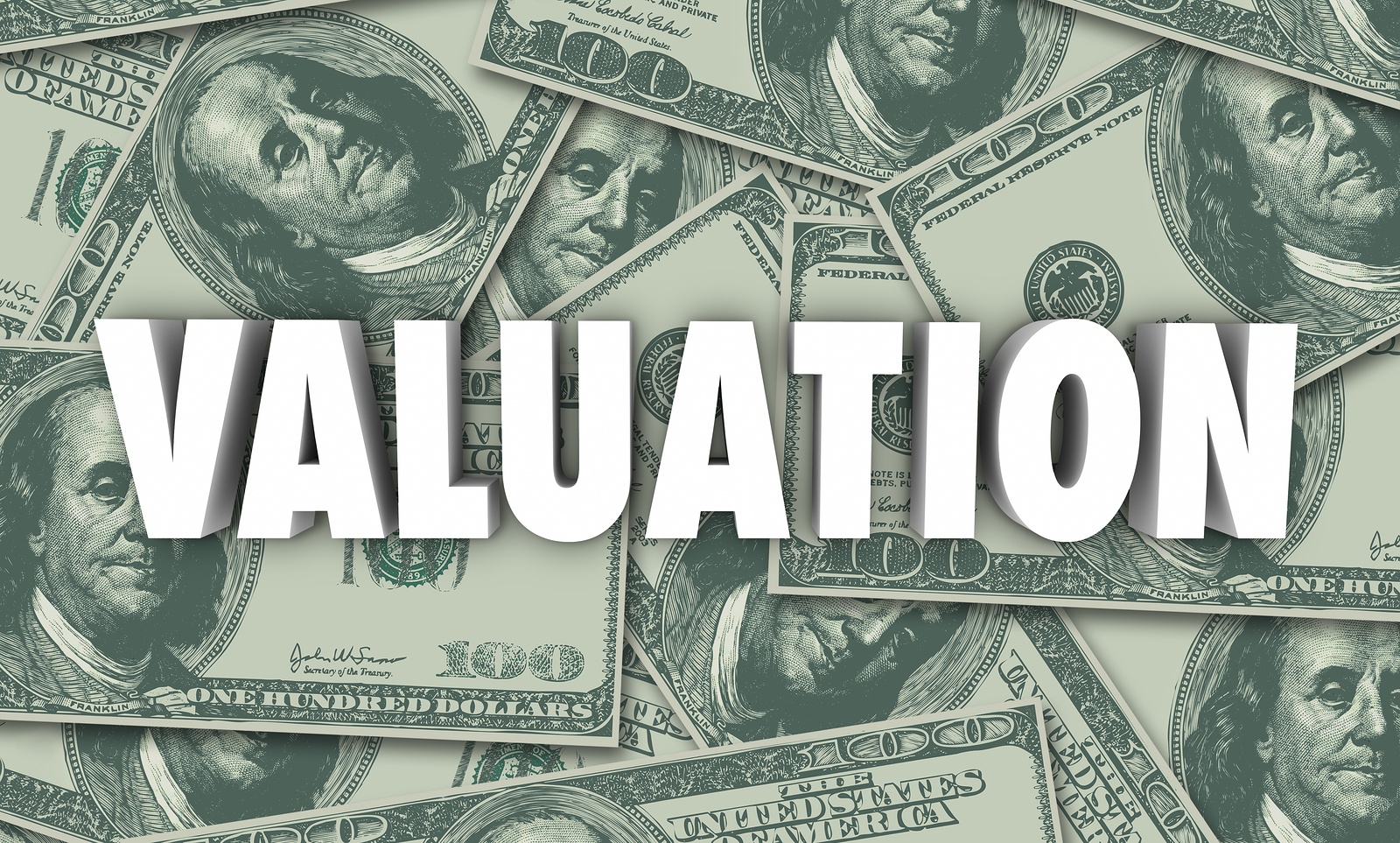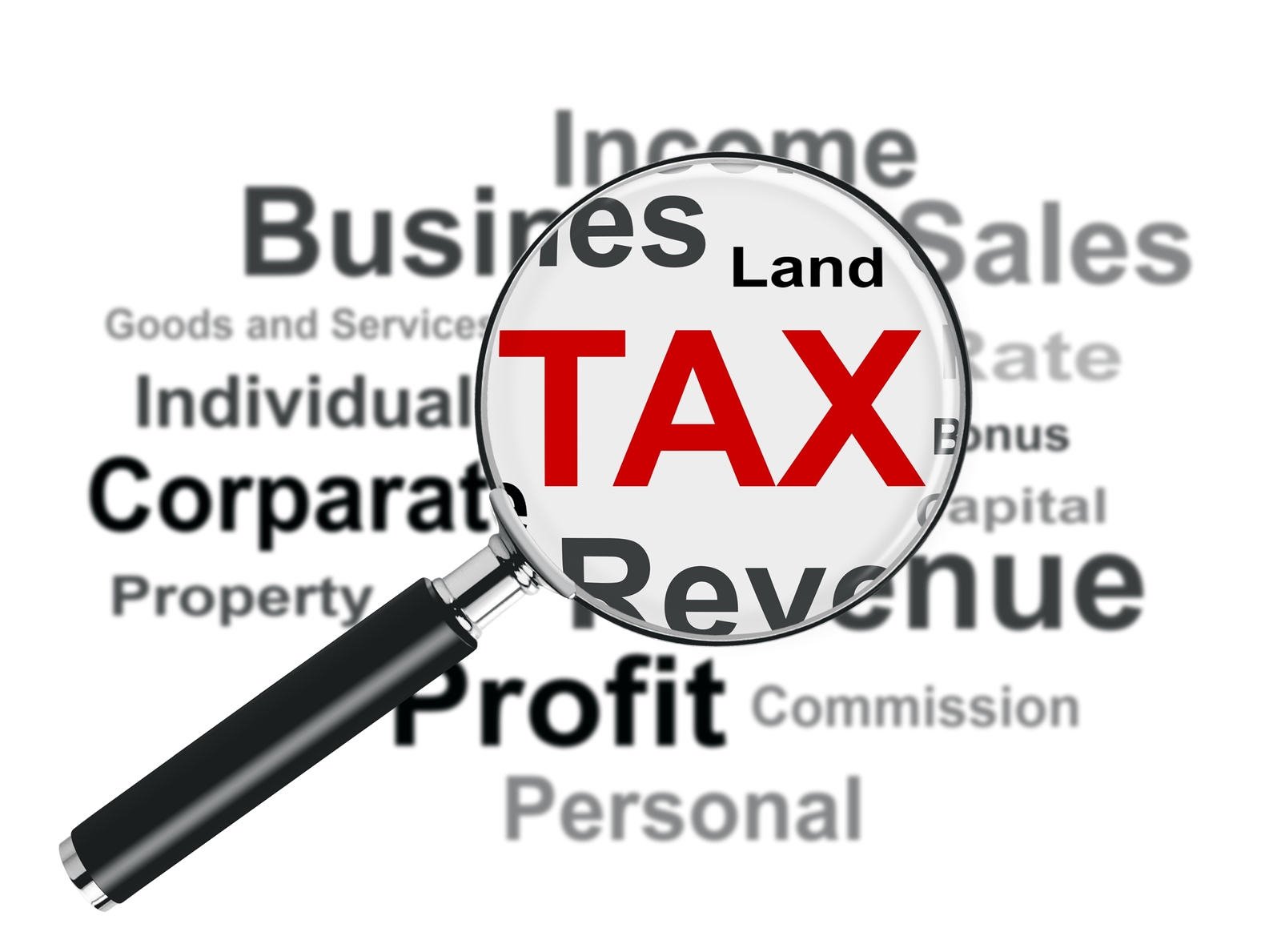If you intend to deduct business travel expenses on your income tax return, you need to keep organized and adequate records. In the event of a tax audit, having proper documentation will ensure that you will be able to substantiate your deductions and get the tax savings for which you are eligible.


It's tax season, and most of us are focused on preparing and filing tax returns. You may file your return yourself or hire a tax preparation firm that provides small business accounting services. Either way, make sure you consider one key way to reduce your tax bill: the home office deduction.

It's tax season, and small business owners are reminded how the business entities they choose determine the amount of taxes they pay. Also influenced by the type of business entity is the amount and type of tax records required for tax filing. Business owners have several options for forming a business entity. Whether you are starting a business or thinking about making a change to your structure, it's a good time to take a look at the options.

You wouldn’t spend more than necessary on utilities for your rental properties, would you? Then why would you spend more on taxes than you have to? Every year, landlords lose money because they overpay on their taxes, missing important and easy deductions that could put cash into their pockets.

Did you work for yourself as an independent contractor or a sole proprietor in 2016? If so, you may owe self-employment taxes on your earnings. That's true no matter what your age – even if you're receiving social security benefits. Here’s why:

If you’re like most small business owners, you have a serious problem on your hands. You don’t know how much your business is worth. You have so much of your own money and your own assets tied into it that it is impossible to get a value. Actually, you can get a busines valuation, but you will need some help.

As a small business owner, you are likely concerned with your budget. You don’t want to spend more than necessary, so you don’t want to hire a business advisor unless it’s warranted. Fortunately, it is easy to determine if hiring a small business consultant is worth it.

Your appointment with your tax preparation services is the next day, and you don't have any idea where your files are. You find yourself scrambling around to secure your records as you prepare for the meeting. You look on your computer, in drawers, and in countless files. You finally find some of your records and hope you have enough to get the job done. Sound familiar?

Does it seem like you’re always paying more in taxes than other small business owners do? If so, it’s likely because you’re missing out on deductions that help you offset your income and pay less in taxes. If you fail to claim enough deductions, you will end up swimming in tax debt.

The end of the year is a busy time. You have the holidays to plan for, family to see, and gifts to buy. You also have to take care of some important business duties so you will have a successful year when the calendar flips over. Year-end tax planning is one of the most important tasks you can take on at the end of the year.




